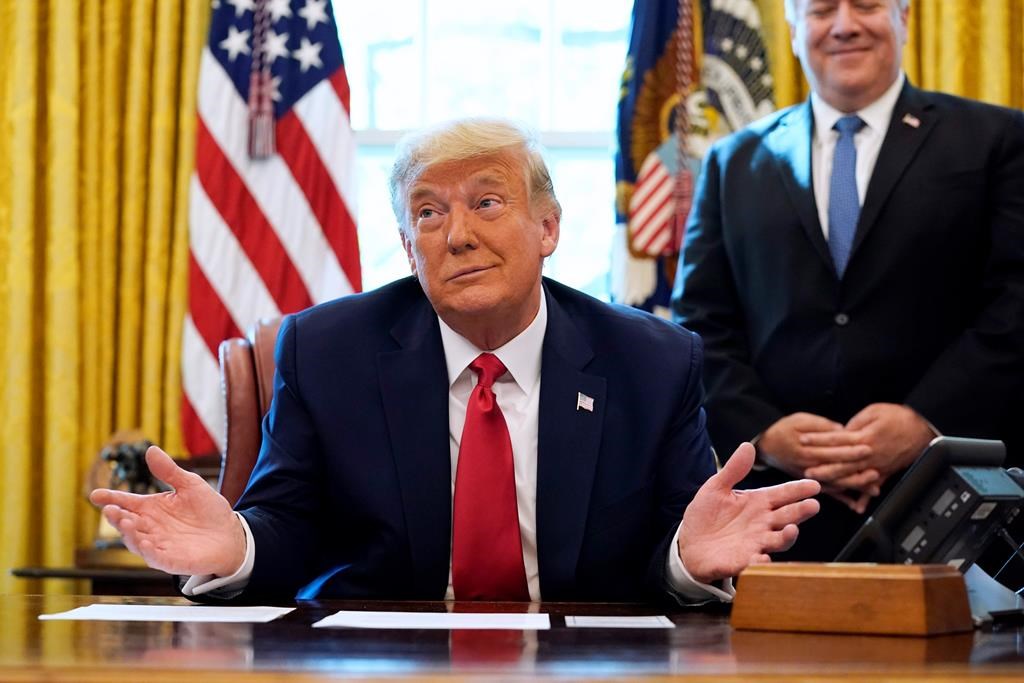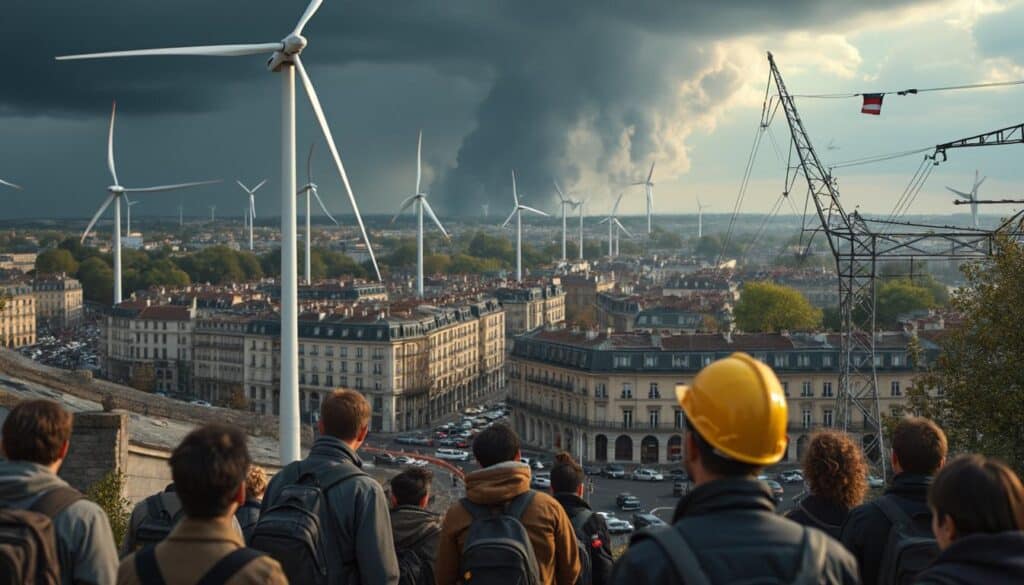The prospect of a second term for Donald Trump raises intense discussions about the future of energy policies in the United States. Despite his reputation as a climate skeptic and his promises to promote fossil fuels, the rise of renewable energy does not seem to be able to be truly halted. Innovations in clean energy continue to advance rapidly, energizing the sector and attracting many investors. Local commitment to sustainable technologies, supported by ambitious laws like those in Massachusetts and Michigan, also helps to maintain the upward trajectory of this sector, regardless of federal policies. Meanwhile, the unexpected drop in interest rates by the Fed further boosts confidence in this energy transition. Thus, while Donald Trump prepares for his return, the United States already seems well on its way to clean energy, driven by an irresistible momentum.
With the reelection of Donald Trump, the future of clean energy in the United States could be jeopardized. Despite his return, the renewable energy sector continues to grow, fueled by local initiatives and the commitment of various economic actors. The Trump administration, despite its desire to favor fossil fuels like oil and coal, will not be enough to curb the inexorable rise of green technologies. Disadvantaged communities are seeing their involvement intensify with a boom in clean energy manufacturing. At the same time, other regions like the Midwest struggle to keep pace with this dynamic. Ultimately, even if the political climate is not favorable to green initiatives, the movement toward more sustainable energy is underway, propelled by a growing network of innovators and local supporters.

impact of Trump’s return on clean energy in the United States
Donald Trump’s return to the White House in 2025 could represent a setback for the growth of renewable energies in the United States, but that does not mean a complete halt to this dynamic. Trump, known for his climate-skeptical stance, has expressed support for a strong use of fossil fuels, seeking to prioritize oil and coal during his previous term. His return could therefore harm efforts to reduce CO2 emissions and limit climate disruption. However, the infrastructure already in place for clean energy, coupled with the rise of local initiatives, offers a resilient foundation that could mitigate the negative impact of his reelection.
Across the United States, many communities continue to show significant interest in solar and wind energy projects, despite a potential return to traditional energy policy. The prosperity of these sectors is supported by subsidies at both federal and local levels, amplifying their development. Enthusiasm for clean energy also finds its motivation in the impressive drop in costs, making the transition to greener energy alternatives economically viable. For many of these localities, the appeal of renewable energy transcends political divides.
renewable energies: still moving forward
Despite intentions to strengthen the fossil fuel sector, green energy maintains a significant prominence. The development of clean energy in the United States has become a global phenomenon, propelled by giants like China who are accelerating their pace in this field. Their commitment, combined with those of other major powers, has exerted a positive influence on the American market. Additionally, ambitious laws such as those of Massachusetts and Michigan encourage the achievement of green energy goals, which reflects a growing consciousness in the American collective mindset.
the inevitable path to green energy
The horizon for clean energy in the United States is not devoid of hope. The global climate urgency and the rising demand from consumers for sustainable solutions are powerful drivers that will continue to accelerate the energy transition. As residents become aware of the importance of local initiatives and the benefits they bring, the path toward greater adoption of renewable energies is becoming clearer. Despite attempts by Donald Trump to return to a pro-fossil policy, it remains unlikely that he will be able to completely reverse current trends. Resilience and innovation, the engines of this new energy era, continue to write a new chapter for the United States and the world.
Articles similaires
Thank you!
We will contact you soon.














